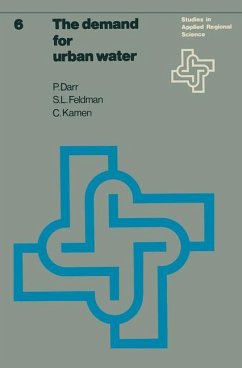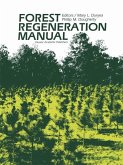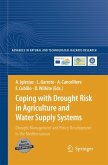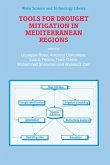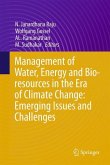This book is written for students and scholars seeking a rather 'unconven tional' approach to the problem of water supply planning. The 'uncon ventionality' is present in the adoption of social psychological tools for the economic planning of water system design in an arid environment. The theoretics of Chapter I provides the framework for the empirical analysis of the ensuing chapters. The language of that chapter is designed to be under standable to students in introductory regional science, economics or geography courses, as well as professionals in allied fields. The fresh approach of the empirical analysis should lift the field of urban water resources analysis into using a greater expanse of tools and methods for policy planning. In any case, it is signifying that straightforward engineer ing analysis in most cases may be made more effective by socio-economic studies as that carried out in Israel. Indeed the guidelines and specifications presented in this work are presentlybeing used by Israeli planners. A number of individuals and institutions contributed greatly to this effort. Foremost, the authors would like to thank Tahal Consulting Engineers, Inc. , for funding the major part of this study. Ms. Suzy Ashkenazi of that organization aided in data analysis. The authors especially express their indebtedness to Dr. Shalom Reichman of the Hebrew University. His reading of a number of drafts and permitting further funding through the Hebrew University Social Science Research Council was more than invalu able.
Hinweis: Dieser Artikel kann nur an eine deutsche Lieferadresse ausgeliefert werden.
Hinweis: Dieser Artikel kann nur an eine deutsche Lieferadresse ausgeliefert werden.

